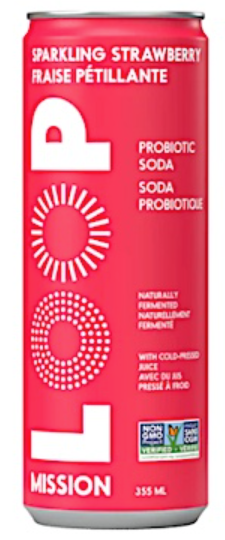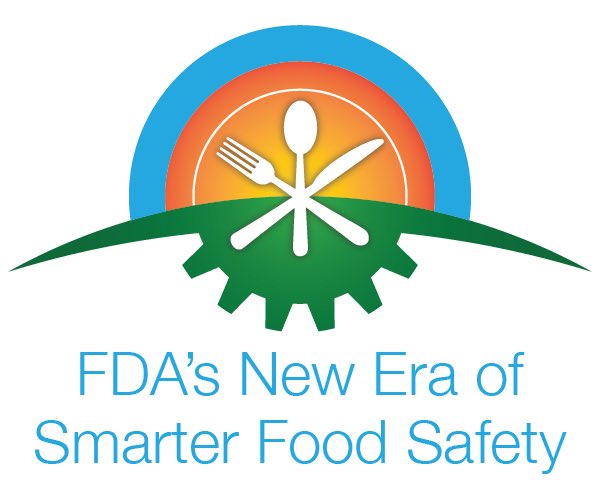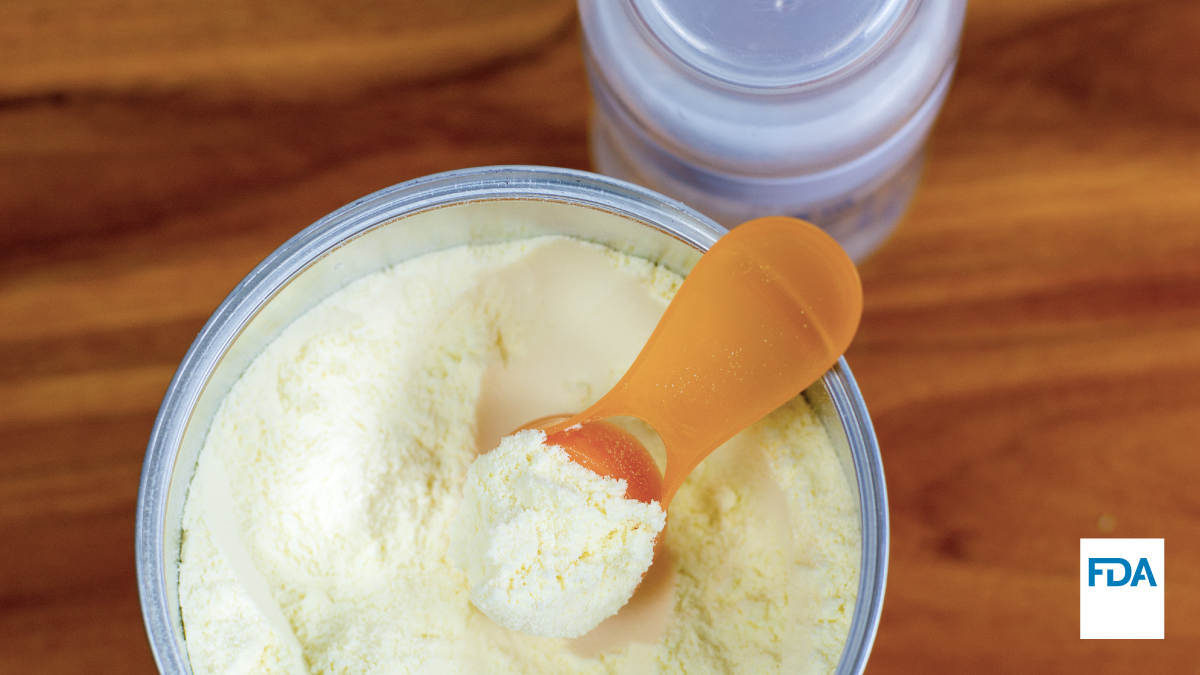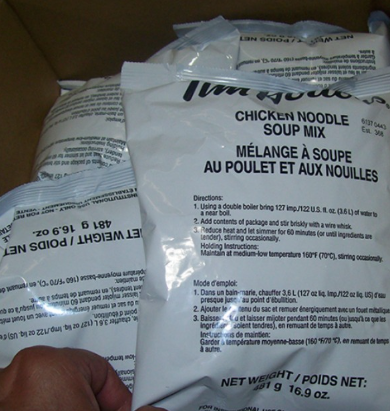The FDA announced the rule’s finalization to more effectively trace contaminated food through the food supply, whether sourced in the U.S. or abroad. The “New era of smart food safety” rule was first announced in September 2020. The rule establishes additional traceability recordkeeping requirements for those that manufacture, process, pack, or hold certain foods, including fresh leafy greens, nut butters, fresh-cut fruits and vegetables, and ready-to-eat deli salads. The new rule will more rapidly and effectively identify the origin and route of travel of certain contaminated foods. As a result, help prevent or mitigate foodborne illness outbreaks, address serious threats of serious adverse health consequences or death, and minimize overly broad advisories or recalls that implicate unaffected food products. The new rule establishes the basis for even greater end-to-end food traceability across the food system. @ https://www.fda.gov/news-events/press-announcements/fda-advances-new-era-smarter-food-safety-finalizing-foundational-rule-improve-traceability?utm_medium=email&utm_source=govdelivery




